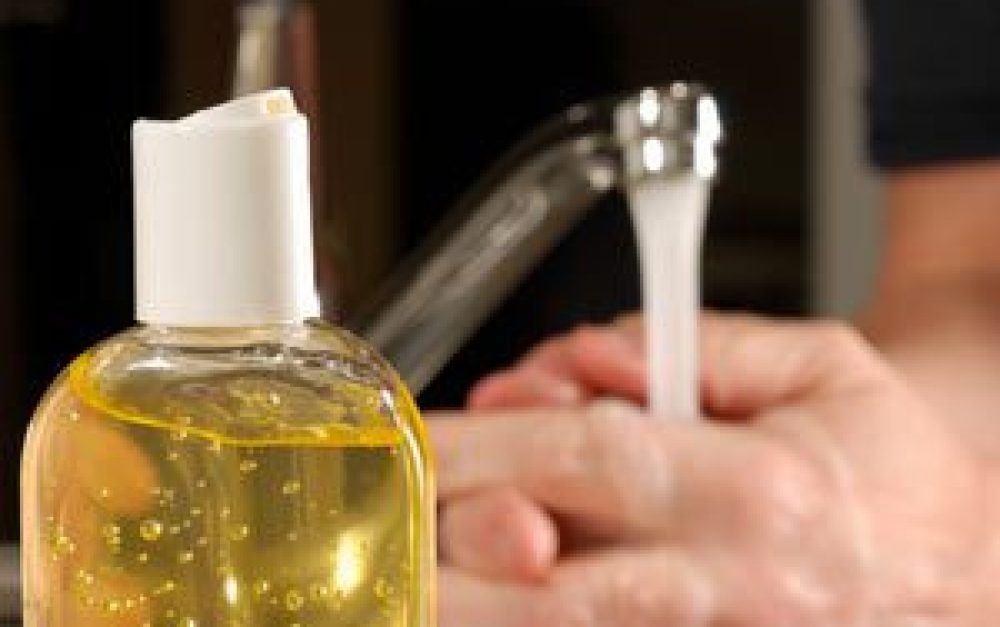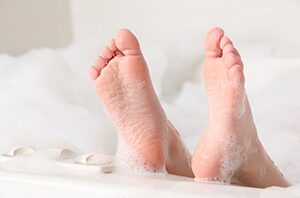Imagine if a persistent, toxic chemical was being added to all sorts of products you use everyday: soap, toothpaste, cosmetics, shaving cream, even toys and underwear. Imagine being told that it was put there to keep you safe from disease, when in reality it could end up making you sicker by contributing to antibiotic resistance. Imagine your food was being grown in fertilizer contaminated with this chemical, and that government tests found it in 75% of Americans. Finally, imagine you had an opportunity to do something about it.
You don't have to imagine this scenario because it's happening right now. The pesticide triclosan is added to all manner of consumer products — ostensibly to kill germs. Take a look at that antibacterial soap in your bathroom: it probably contains triclosan. Hand sanitizer, antibacterial textiles, and just about anything you'd use on our body that claims to be antibacterial — lotions, creams, etc. — may contain triclosan, too. The punchline is that washing your hands with regular soap is just as effective as using soap containing triclosan.
While offering few if any benefits to consumers, triclosan use has some serious consequences. Research shows that the "widespread use of triclosan may represent a potential public health risk in regard to development of concomitant resistance to clinically important antimicrobials." Meaning it can contribute to the creation of "superbacteria." And much of the triclosan washed down the drain each day ultimately ends up in sewage sludge, which is then spread on farm fields as fertilizer.
Thanks to the combination of direct exposure from consumer products and indirect exposure from food, 75% of Americans and 87% of pregant women tested by the Centers for Disease Control have triclosan in their bodies, and levels are rising.
Of course, finding it in people's bodies wouldn't necessarily be a bad thing if its value as a germ-fighter outweighed its toxic hazard. But it's no more effective than regular soap, while at the same time it's an endocrine disruptor that affects thyroid function, sperm production and the immune system.
And this is why, one year ago, Beyond Pesticides and Food & Water Watch called on the EPA to ban triclosan, with the support of 82 public health and environmental organizations, including PAN. Now you have a chance to add your voice to this call, and sign on to a petition telling the EPA to take action on triclosan. We have until February 7.
Update (Feb. 2): The deadline for commenting was just extended until April 8!







